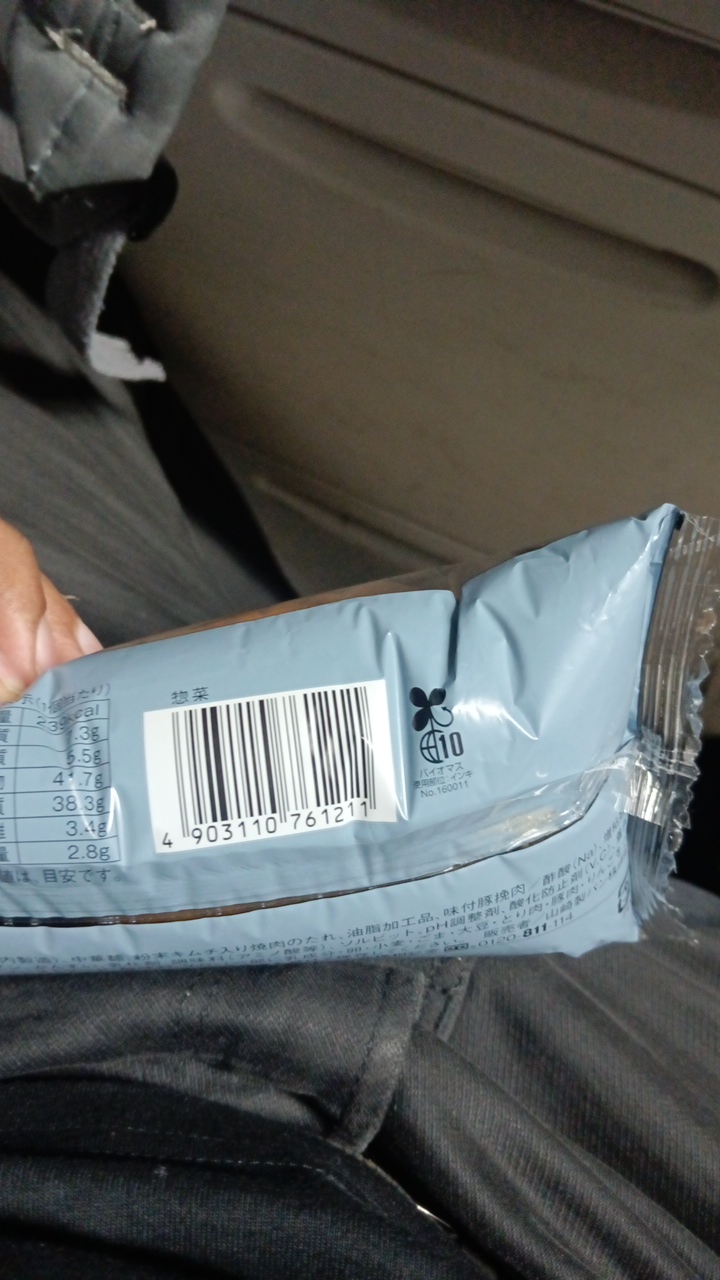
Barcode: 4903110761211
side dish
HARAM
📝 Reason: Islamic dietary laws clearly prohibit substances found in this product. These Haram ingredients make consumption a violation of fundamental religious principles.
🏷️ Category: Meat, Prepared Foods
📄 Certificates: Biomass Ink, No. 160011, Use Parts, The Goal Is A Guide
Ingredients:
Details
Understanding the Halal Status of Side Dish
When it comes to dietary choices, especially within the Islamic community, understanding the Halal status of food is imperative. This article explores the Halal status of a product known as ‘Side Dish.’ Unfortunately, it has been classified as Haram due to several ingredients that violate fundamental Islamic dietary laws.
Key Ingredients and Their Halal Status
The Side Dish contains a variety of ingredients, some of which are permissible in Islam while others are strictly forbidden (Haram). Let’s break down these ingredients for clarity:
- Kimchi: This is a traditional fermented dish usually made from seasoned vegetables. Its Halal status can vary based on preparation, but generally, it is permissible. However, please check for any potential alcohol content in commercial preparations.
- Oil Processed Product: Typically, this is permissible as long as it does not contain any Haram substances.
- Seasoning: The seasoning used is permissible in Islam, making this aspect of the dish acceptable.
- Flavored Pork Mince: This is a significant concern as pork is explicitly prohibited in Islamic law. The use of flavored pork mince clearly renders the Side Dish Haram.
- Sodium Acetate: This is permissible in Islam as it does not derive from any forbidden source.
- Sorbitol (E420): This ingredient is generally recognized as safe. Being a thickening agent, it is permissible.
- pH Adjuster: Similar to sodium acetate, it is permissible as it typically does not represent any rule violation.
- Antioxidant (VC): Typically acceptable, but must be verified with the manufacturer.
- Soybean: This is permissible in Islam.
- Wheat: This ingredient is also permissible unless contaminated with Haram substances.
- Apple: Generally Halal unless it has been processed in a non-Halal manner.
- Chicken: Halal status can vary; it’s crucial to check for a Halal certification.
- Pork: This ingredient is Haram, violating Islamic dietary laws.
- Green: These typically represent Halal foods.
Among these ingredients, the presence of flavored pork mince and pork derivatives remains the primary reason for classifying the Side Dish as Haram. All Halal certifications are void when any part of a food product contains pork or its by-products.
Certification Context
The Side Dish lacks a credible Halal certification, which is a warning for consumers adhering to Islamic dietary laws. Many Halal-conscious consumers rely on recognized certificates that assure the absence of Haram ingredients. This product, within the category of ‘Meat, Prepared Foods,’ falls short of this assurance due to the presence of forbidden pork. Additionally, it does possess a Biomass Ink certification; however, such certification does not pertain to Halal compliance directly.
Conclusion
In summary, if you are looking for Halal food options, the Side Dish is not suitable for consumption due to its Haram ingredients, particularly flavored pork mince. The importance of checking labels for Halal logos and certifications cannot be overstated when it comes to prepared foods. Clear understanding and scrutiny of ingredients will guide Muslim consumers in making informed dietary choices, keeping in line with Islamic dietary laws.
